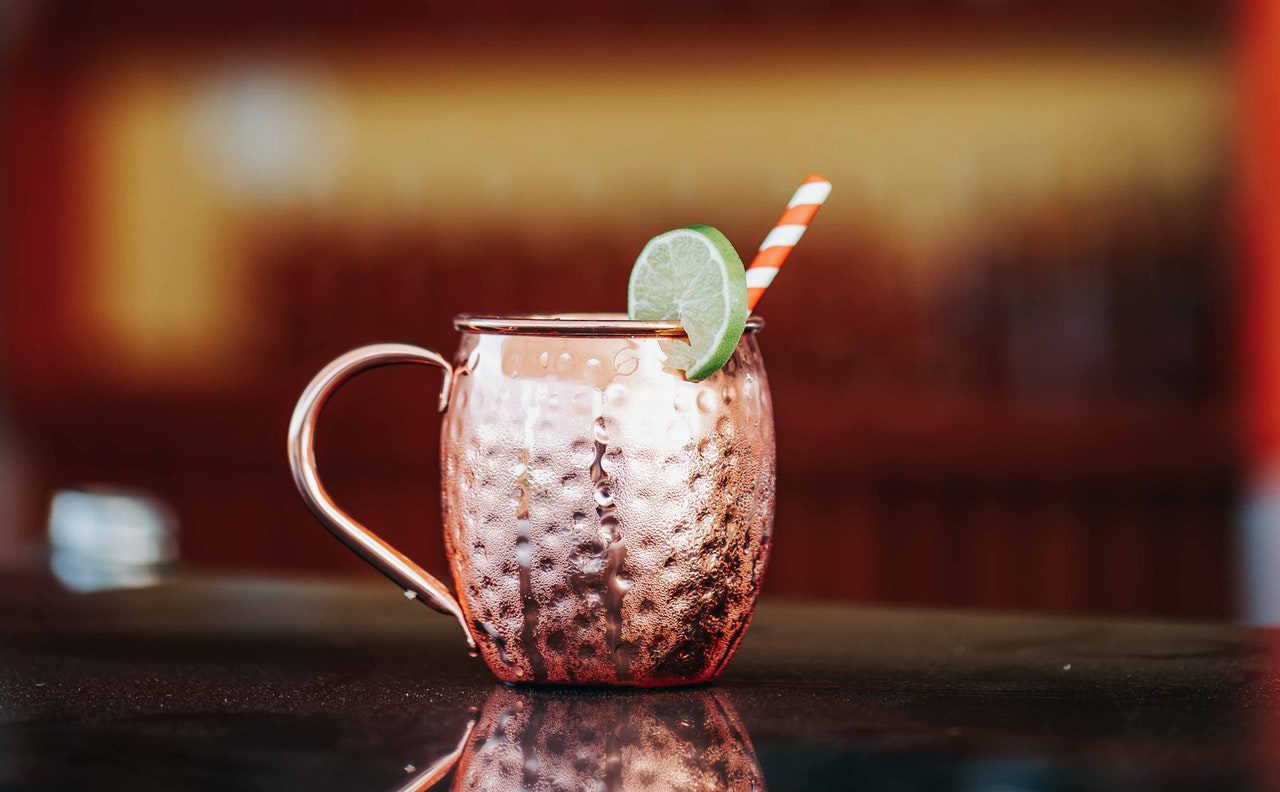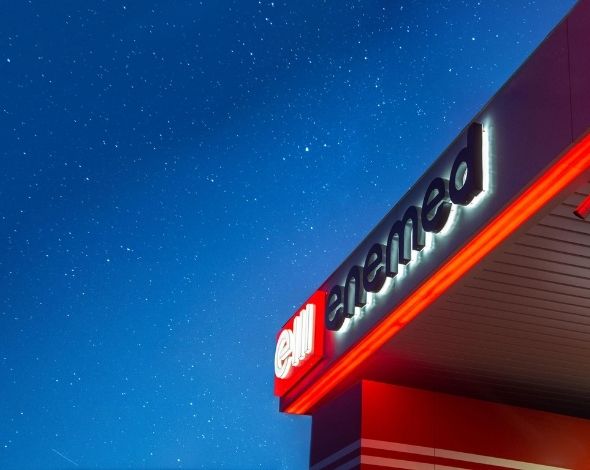The latest round of sanctions being proposed against Russia by the European Union, including a ban on liquor imports, is unlikely to make any brands disappear from Maltese shelves, according to beverage importerts, who explained that the European vodka market is largely cut off from that of Russia thanks to widespread local production.
As the horrors of Bucha, Ukraine came to light, Europe’s initial shock quickly turned to anger and renewed resolve to hobble the Russian war machine from continuing to rain pain and suffering upon the Ukrainian people.
A fifth set of sanctions against Russia, put forward by European Commission President Ursula vor der Leyen, targets the importation of coal, cuts off major banks from Europe, prohibits Russian vessels from entering EU ports, forbids Russian companies from participating in European public procurement, and bans high-tech exports in a bid to degrade Russia’s technological base and industrial capacity.
European ambassadors are expected to continue negotiations Thursday (today) with the intention of implementing the sanctions as soon as possible, despite misgivings from countries dependent on coal for their energy generation.
The sanction that could most affect local consumers, however, is an import ban on products like wood, cement, seafood, and liquor – including vodka – with the last of these causing some consternation at the thought that the ubiquitous drink popularly associated with Russia (although distinct varieties were independently developed in Sweden and Poland) could disappear from Maltese shelves.
A survey of drink importers finds, however, that the common misconception that vodka is tied to Russia also extends to the commercial realities on the ground.
Vodka, in fact, is not largely imported from Russia, and Russian producers occupy a relatively small portion of the European (and Maltese) market. Politico cites market analysis firm IWSR in stating that Russian brands only account for three per cent of all vodka consumed in Europe.
Local importers contacted by BusinessNow.mt similarly confirmed that much of the vodka imported to Malta originates from elsewhere. Farsons, for example, gets its vodka from Sweden and France, while 36 North Imports gets it from Poland and Austria.
“We are not affected at all,” says 36 North’s Adrien Bonnici.
Other importers like Spades and Carmelo Abela also confirmed that they do not have any imports from Russia.
Similarly, major beverage importer Demajo Wines and Spirits gets its clear spirit from Sweden, the Netherlands, the UK, and Poland.
Of the businesses contacted, only Hansa confirmed that some of its brands are indeed affected by the import ban, including Russian Standard, Beluga, Imperia and Stolichnaya.
However, a representative for the company sought to allay consumer concerns by saying that stocks of these products remain very high, with no short term changes expected.
“If the war continues and sanctions are maintained, of course, that will change,” he added.
Although vodka will certainly not disappear, the effects of the war go beyond simple availability.
One company representative, who asked not to be named, said that although their imports are made in the EU, the wheat, grain and other products used in the making of such drinks often come from Ukraine. This will mean that prices – already facing significant upward pressure – can be expected to rise even further.
It looks like the vodka and the many popular cocktails it is used in, like the Moscow Mule, are here to stay – just be ready to shell out something extra for it.
Emirates operating reduced flight schedule as more Malta flights cancelled
The airline is operating a reduced flight schedule until further notice
Enemed says Iran war not expected to disrupt Malta’s fuel supply
Enemed’s suppliers source fuels from the Mediterranean, normally from European countries
The Remarkable Collective welcomes Joseph Bonanno
Strengthening strategy and compliance with seasoned leadership






